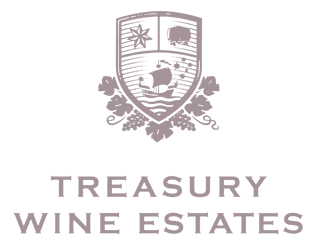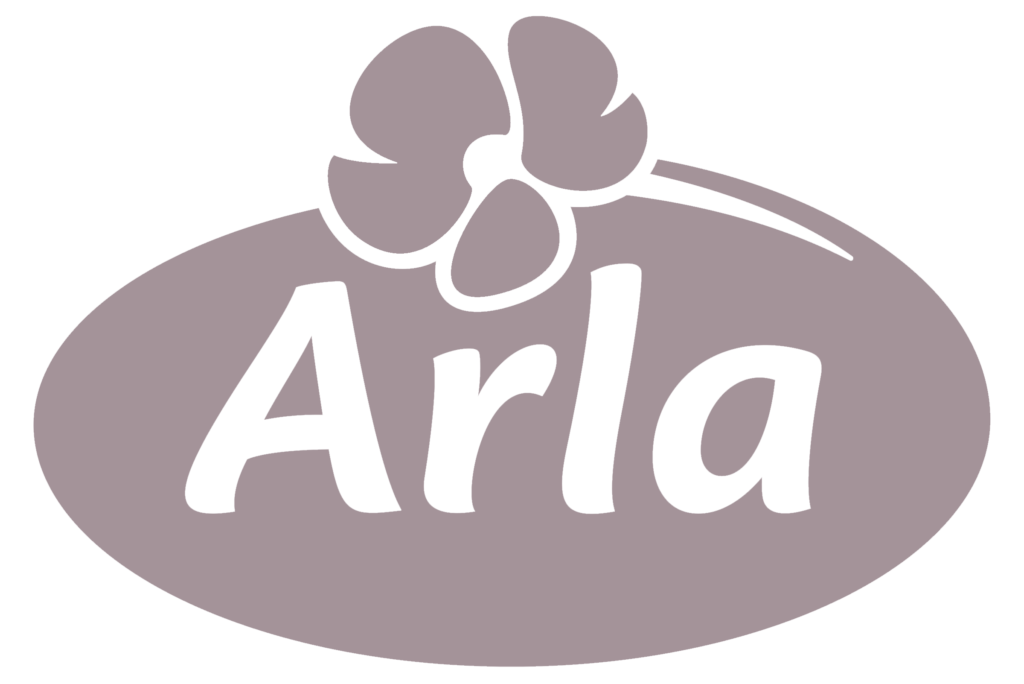L’industrie agroalimentaire
Dans le secteur alimentaire, la performance des opérations repose sur la maîtrise de la supply chain, depuis les matières premières (récoltes, élevages…) jusqu’au consommateur. Dans cet environnement aussi dynamique que concurrentiel, les entreprises doivent gagner en agilité pour rester compétitives. Savoir répondre rapidement aux attentes souvent changeantes des consommateurs est la clé du succès. Il est souvent pertinent de s’entourer de consultants en industrie agroalimentaire pour acquérir cette réactivité.
Les défis auxquels doit faire face le secteur de l’agroalimentaire
Plusieurs facteurs ont rendu la supply chain plus complexe, notamment les coûts croissants des matières premières et l’offre limitée d’intrants (engrais, semences, produits phytosanitaires…), causés par la croissance démographique mondiale, l’élévation des niveaux de vie et l’essor du consumérisme. Dans ce contexte, le conseil d’experts du secteur agroalimentaire peut être utile, d’autant que des réformes législatives et fiscales ont également été introduites ces dernières années pour faire évoluer les comportements des consommateurs et réduire leur impact environnemental.
La demande des consommateurs a elle aussi évolué en raison, d’une part, de la croissance des segments haut de gamme et produits frais et, d’autre part, d’une plus forte sensibilité aux promotions. En outre, de nouveaux marchés se sont progressivement ouverts avec, pour conséquence, une modification de la demande mondiale. Dans le même temps, les industriels de l’alimentaire doivent répondre sur leurs marchés nationaux aux pressions des distributeurs, notamment le développement des commerces de proximité et de la vente directe aux consommateurs.
Les marchés sont globalement demandeurs d’innovations pour répondre aux exigences liées à la santé et à l’environnement. Par ailleurs, la recherche de gammes de produits toujours plus segmentées et premium conduit les industriels à repenser leur processus de création (NPD ou New Product Development) et leur gestion du cycle de vie des produits. Enfin, la data offre de nouvelles opportunités pour développer les ventes additionnelles et répondre plus rapidement aux attentes des consommateurs.
Ce que notre cabinet de conseil peut faire pour vous permettre relever les défis liés au secteur de l’agroalimentaire
L’équipe de consultants spécialisés en industrie agroalimentaire d’Argon & Co aide les industriels à atteindre une certaine forme de simplicité opérationnelle dans un contexte hyperconcurrentiel et un environnement législatif et technologique particulièrement complexe. Nous travaillons avec nos clients pour développer une offre de services dédiée, au service de leur stratégie. En tant que spécialiste reconnu du secteur alimentaire, nous travaillons depuis de nombreuses années avec certaines des plus grandes entreprises mondiales. Notre connaissance fine de leurs problématiques nous permet de mieux comprendre les dynamiques des marchés dans lesquels ils évoluent.
Nous accompagnons les industriels du secteur à travers :
- L’amélioration des processus complexes de gestion de la demande pour les guider vers la meilleure offre possible
- Le renforcement de la gestion de gammes et du cycle de vie des produits
- L’adoption de stratégies de production efficaces et flexibles
- L’amélioration de la gestion des matières premières et de la performance fournisseurs
- La mise en place d’une gestion plus efficace des principaux partenaires de la chaîne d’approvisionnement grâce à des méthodes de travail intégrées et harmonisées
- L’optimisation de la gestion des stocks tout au long de la chaîne d’approvisionnement
- L’amélioration de la visibilité et de la traçabilité des produits grâce à nos solutions numériques
- Le suivi des actions qui concourent à la concrétisation du modèle opérationnel cible
- L’identification des compétences des collaborateurs à renforcer à travers des programmes de formation
- L’automatisation des procédures manuelles sujettes à des erreurs, notamment la gestion des données et la préparation des commandes
- Le déploiement d’outils analytiques de pointe pour identifier les insights clients et éclairer la prise de décision
Notre démarche
Notre cabinet de conseil en stratégie des opérations associe expertise technique, expérience opérationnelle et connaissances métier pour accompagner ses clients à résoudre les problèmes spécifiques au secteur de l’agroalimentaire et à obtenir des résultats durables. Notre démarche garantit l’adhésion à tous les niveaux de l’entreprise pour nos clients ainsi qu’un résultat pérenne. Nous avons déjà travaillé avec un large éventail d’industriels de l’agroalimentaire comme Mondelez International, Mars, Arla, Diageo plc, Treasury Wine Estates (TWE), Danone, Carlsberg, Moët Hennessy, SABMiller et Fonterra Cliquer ici pour en savoir plus.










